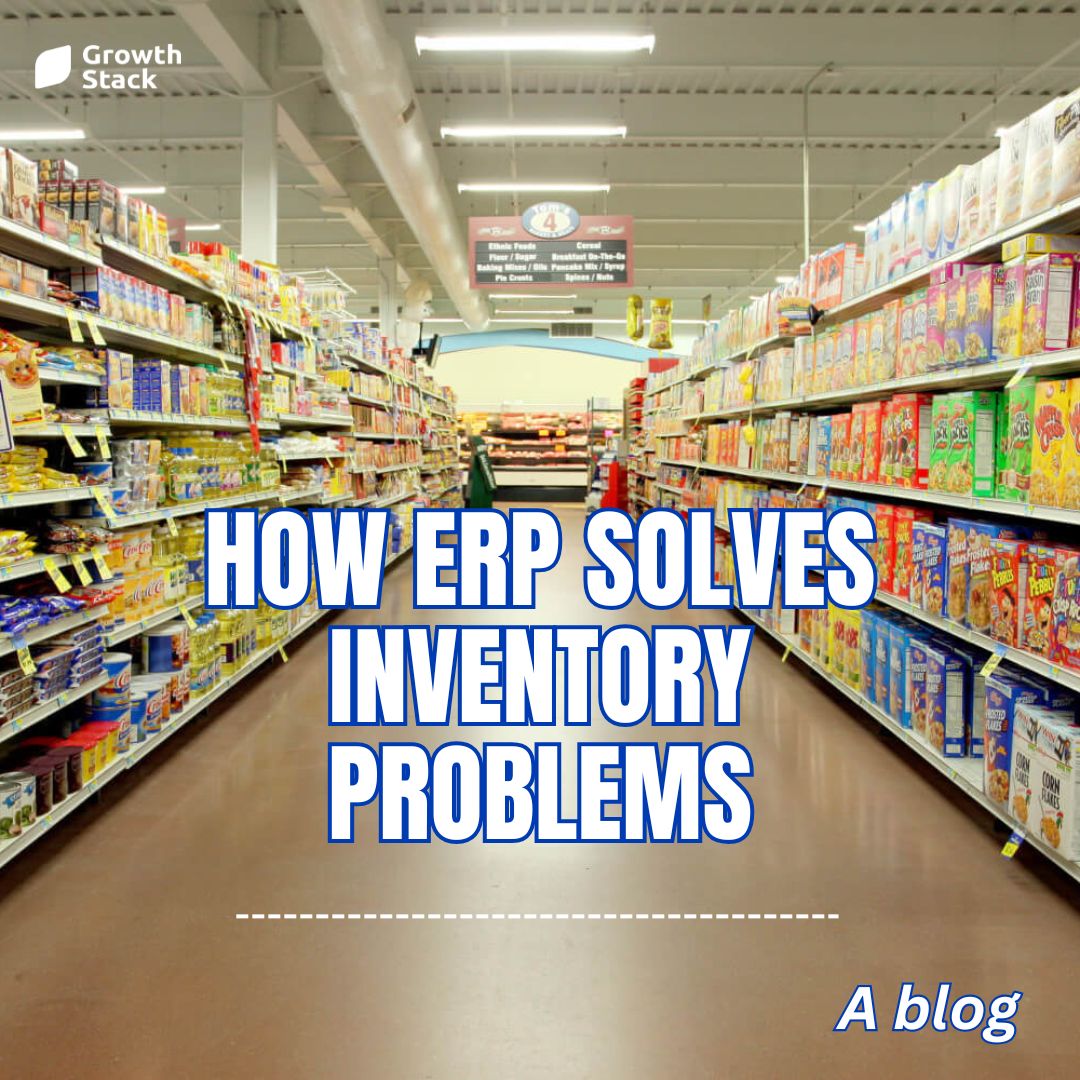In an ERP system, all of a company’s departments are seamlessly integrated, including logistics, accounting, and human resources. And as ERP continues to grow, not only manufacturing organizations, but also professional service providers and law firms, are taking advantage of it. Planning, sharing, and making legal judgments are all made easier with the ERP system. Additionally, it aids in increasing the output of the workforce. Thus, most legal firms are now using ERP systems to manage their business processes. Let’s have a look at this blog to understand more about ERP for a law firm.
Some benefits of ERP for a law firm?
ERP is a tool that many businesses utilize to make the planning, decision-making, and information-sharing processes easier for their staff to understand and manage. It is possible to boost efficiency and communication amongst employees by deploying cloud-based ERP in the workplace. The ERP system is primarily used to enhance workflow in the legal office, where it is critical to maintain open and honest lines of communication among all members of the company. Furthermore, there are numerous other reasons why a law business may want to use an ERP system, such as:
1. Workflow – The process of completing a task
All parts of a law firm’s operations can be streamlined and automated by using a cloud-based legal ERP system. As a result of ERP’s efficient resources, productivity is increased. In addition, a cloud-based ERP system can centralize and automate the work of the organization.
2. Storage – place to keep things
All of the vital and necessary documents are safely stored in the cloud thanks to the ERP system. There is no longer any requirement for a personal server system as a result. Consequently, legal firms of all sizes, both large and small, adopt ERP solutions. In addition, a huge technical crew is unnecessary.
3. Collaboration
Generally speaking, all law firms adhere to the same level of cooperation. Because of this, cloud-based ERP can be used to integrate the whole legal sector. Increased efficiency and a better grasp of legal practice are two benefits of this approach.
4. Security
The higher security levels provided by the cloud-based ERP system can assist legal firms in protecting their data and documents. It also backs up all of your files and encrypts any sensitive information. Additionally, the ERP’s data recovery technology safeguards the data in the event of a calamity.
5. Business Intelligence – Information Gathering and Analysis
Real-time data can be accessed and analyzed by the ERP system, which can then generate reports. This is the primary motivation for which law firms make use of it. They have easy access to the necessary data and can draw conclusions from it in any situation. As a result of this, legal firms find it easier to make decisions thanks to ERP systems’ business intelligence.
Choosing the Right ERP System for Law Firms
If you’re looking for the greatest ERP system for your organization, these are the steps you may take:
1. Define the Need – Identify the Task at Hand
The first step in selecting an ERP system for a legal company is to identify the firm’s specific requirements. For this reason, it’s critical to conduct an accurate analysis of the law firm’s business processes and to identify any gaps. Additionally, you must have a firm grasp on what aspects of the company’s operations will benefit the most from the addition of an ERP system. The selection process becomes lot easier if all of these elements are known, and it also aids in the selection of the correct ERP system.
2. Identify and evaluate the technical compatibility and design
Although ERP is a business solution, you must be conscious of the ERP software’s potential impact on your company’s infrastructure when integrating it with your organization.
3. Plan your Budget
Choosing ERP as your legal software requires careful budgeting, as ERP is a significant financial commitment. For the most part, businesses believe the most expensive ERP system is the best, although this isn’t always the case. Because of this, you must make your decision based on the system’s characteristics rather than its price.
4. Check the ERP System’s Scalability in Relation to Your Law Firm’s Requirements.
To get the most value from an ERP system, you’ll want it to boost staff productivity while also saving you a significant amount of time yourself. The ERP solution must first be acknowledged in the current structure if it cannot accept the change in the process or adapt to a rapid working system. The reason for this is that the ERP solution must be able to develop with your working procedure. For this reason, before deciding on an ERP system for your law company, be sure that it is scalable and flexible.
5. ERP System: On-Premise or Cloud-Based?
It’s important to understand the differences between on-premise and cloud-based ERP systems before making a final decision. Software-as-a-service (SaaS) refers to cloud-based ERP software. Using web browsers, you can access it from anywhere in the world. The on-premises ERP software, on the other hand, can be installed locally on the computer system or server of your company. As a result, it’s important to select an ERP system based on your needs and your budget.
6. Validating ERP Software Vendor Reputation
In choosing an ERP system, a legal company is taking the first step toward digital transformation, and the proper ERP system partner is the best way to move ahead with this choice without any problem. This can alleviate many of your first difficulties, and you’ll also benefit from the expertise of your partner company’s professionals.
7. Calculate your return on investment (ROI).
Every business wants to try something new in order to maximize its profits. ERP is the same way. Choosing and implementing the appropriate ERP technology can elevate any legal business to the next level by streamlining staff tasks and fostering collaboration across departments.
To What Extent Is the ERP System Beneficial to Law Firms?
Faster information exchange, planning, decision-making, and plan-to-execution can be achieved by using an ERP system in a professional framework. Using an ERP system hosted in the cloud, legal firms have access to strong communication and productivity features. In addition, the ERP system provides a great deal of openness between the company’s employees and customers.
What next?
If you need an ERP for your law firm, get in touch with us.










